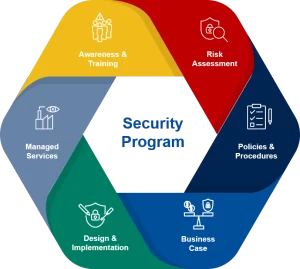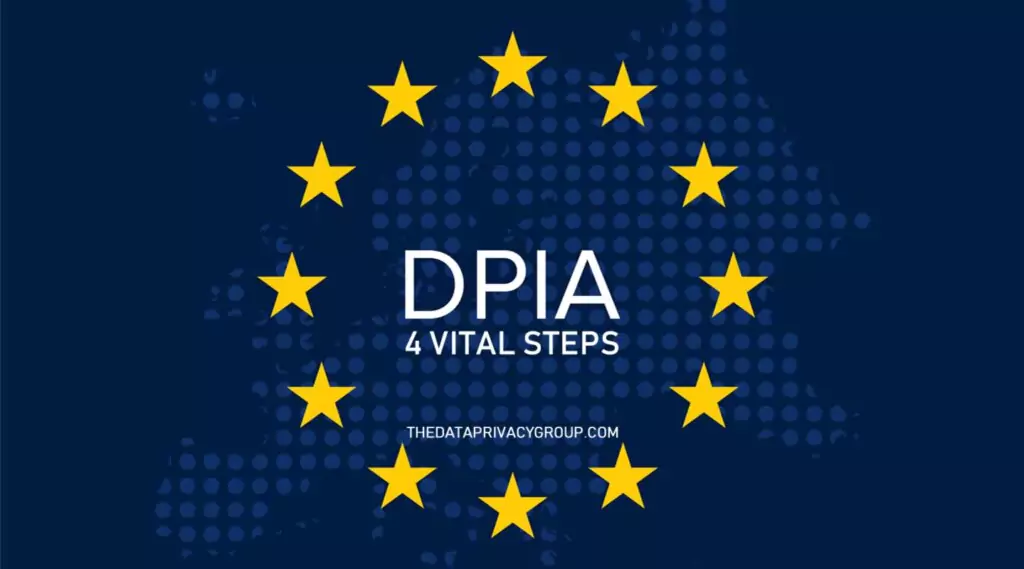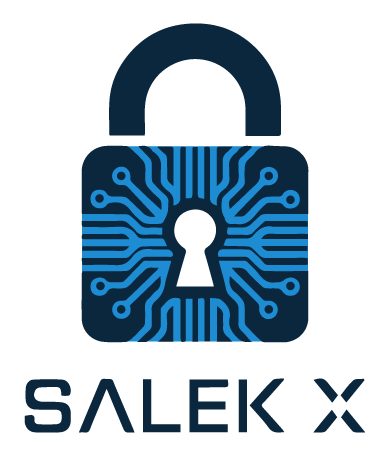Data Privacy Assessments & Audit Services
Data Privacy Assessments & Audit Services
In an era where data breaches and privacy concerns are increasingly prevalent, ensuring the effective management and protection of personal data is crucial for maintaining trust and complying with regulatory requirements. Our Data Privacy Assessments & Audit Services are designed to evaluate how well your organization manages and protects personal data, ensuring compliance with relevant data protection regulations. Whether you’re looking to enhance your current data privacy practices or prepare for a regulatory audit, our comprehensive assessments and audits provide the insights and recommendations necessary to safeguard your data and uphold your organization’s integrity.
effective management and protection of personal data is crucial for maintaining trust and complying with regulatory requirements. Our Data Privacy Assessments & Audit Services are designed to evaluate how well your organization manages and protects personal data, ensuring compliance with relevant data protection regulations. Whether you’re looking to enhance your current data privacy practices or prepare for a regulatory audit, our comprehensive assessments and audits provide the insights and recommendations necessary to safeguard your data and uphold your organization’s integrity.
Our Data Privacy Assessments & Audit Services offer a thorough evaluation of your organization’s data privacy practices, policies, and controls. We assess how effectively your organization manages and protects personal data, identifying areas of strength and opportunities for improvement. By leveraging our expertise, you can ensure that your data privacy measures align with industry standards and regulatory requirements, mitigating risks associated with data breaches and non-compliance.

- Comprehensive Data Privacy Assessment:
- Current State Evaluation: Analyze your existing data privacy policies, procedures, and practices to determine their effectiveness and compliance with relevant regulations.
- Data Mapping: Conduct detailed data mapping to understand the flow of personal data within your organization, identifying data collection, storage, processing, and sharing practices.
- Gap Analysis: Identify gaps between your current data privacy practices and regulatory requirements, providing a clear roadmap for achieving compliance.
- Regulatory Compliance Audit:
- Compliance Verification: Assess your organization’s adherence to relevant data protection regulations such as GDPR, CCPA, PDPL, HIPAA, and others.
- Documentation Review: Examine existing documentation, including privacy policies, data processing agreements, and consent forms, to ensure they meet regulatory standards.
- Audit Reporting: Provide comprehensive audit reports detailing findings, compliance status, and actionable recommendations for remediation.
- Risk Assessment and Management:
- Risk Identification: Identify potential risks related to personal data management and protection, including unauthorized access, data breaches, and non-compliance.
- Risk Mitigation Strategies: Develop and implement effective risk mitigation strategies to address identified vulnerabilities and enhance data protection measures.
- Continuous Risk Monitoring: Establish ongoing risk monitoring processes to detect and respond to emerging data privacy threats promptly.
- Policy and Procedure Development:
- Privacy Policy Creation: Develop and implement robust privacy policies that align with regulatory requirements and industry best practices.
- Standard Operating Procedures (SOPs): Create detailed SOPs for data handling, processing, and protection to ensure consistent and secure data management across your organization.
- Data Protection Impact Assessments (DPIAs): Conduct DPIAs for high-risk data processing activities to evaluate and mitigate potential privacy impacts.
- Training and Awareness Programs:
- Employee Training: Provide comprehensive training sessions to educate employees on data privacy regulations, best practices, and their roles in maintaining compliance.
- Awareness Campaigns: Launch ongoing awareness initiatives to foster a culture of data privacy and security within your organization.
- Phishing Simulations: Conduct simulated phishing attacks to assess and improve employee resilience against social engineering threats.
- Remediation Support:
- Actionable Recommendations: Offer clear and actionable recommendations to address identified gaps and enhance your data privacy practices.
- Implementation Assistance: Provide hands-on support in implementing recommended changes, ensuring effective remediation of compliance issues.
- Follow-Up Assessments: Conduct follow-up assessments to verify the successful implementation of remediation measures and sustained compliance.
- Continuous Improvement:
- Performance Metrics: Define and track key performance indicators (KPIs) to measure the effectiveness of your data privacy initiatives.
- Regular Reviews: Schedule periodic reviews of your data privacy practices to ensure ongoing compliance and adaptability to evolving regulations.
- Benchmarking: Compare your data privacy practices against industry standards and best practices to identify areas for further improvement.

- Regulatory Compliance:
- Avoid Penalties: Ensure adherence to data protection laws and regulations, avoiding substantial fines and legal repercussions associated with non-compliance.
- Enhanced Reputation: Demonstrate your commitment to data privacy, building trust with customers, partners, and stakeholders.
- Enhanced Data Security:
- Protection of Personal Data: Safeguard sensitive information against unauthorized access, breaches, and cyber threats through robust data protection measures.
- Proactive Risk Management: Identify and mitigate potential data privacy risks before they can impact your organization.
- Operational Efficiency:
- Streamlined Processes: Implement standardized data management and protection processes that enhance operational efficiency and reduce complexity.
- Resource Optimization: Allocate resources effectively by focusing on critical data privacy areas aligned with regulatory requirements.
- Increased Customer Trust:
- Build Credibility: Showcase your dedication to protecting customer data, fostering long-term loyalty and trust.
- Competitive Advantage: Differentiate your organization from competitors by highlighting your stringent data privacy and compliance measures.
- Continuous Improvement:
- Adaptability: Establish a framework for continuous improvement, enabling your organization to adapt to evolving data privacy regulations and emerging threats.
- Sustainable Practices: Maintain a resilient and robust data privacy posture through ongoing monitoring and enhancement of your security controls.
- Cost Savings:
- Reduced Remediation Costs: Address data privacy gaps early in the compliance process, minimizing the financial impact of data breaches and non-compliance.
- Efficiency Gains: Achieve cost savings by optimizing data privacy processes and reducing redundancies.
Use Cases:
- E-Commerce Platforms:
- Ensure secure handling of customer personal data during online transactions, enhancing customer trust and preventing data breaches.
- Financial Institutions:
- Protect sensitive financial data and customer information, ensuring compliance with industry-specific data protection requirements.
- Healthcare Organizations:
- Safeguard patient data and medical records, complying with healthcare data protection regulations and standards.
- Government Agencies:
- Secure citizen information and government data, maintaining public trust and regulatory compliance.
- Telecommunications Companies:
- Protect communication networks and customer data, ensuring reliable and trusted service delivery.
- Educational Institutions:
- Safeguard academic records and personal information of students and staff, ensuring compliance with data protection standards.
